T4K3.news
Data centers push states to redefine power costs
States weigh higher charges on data centers as bills rise and ratepayers face the costs of grid upgrades.
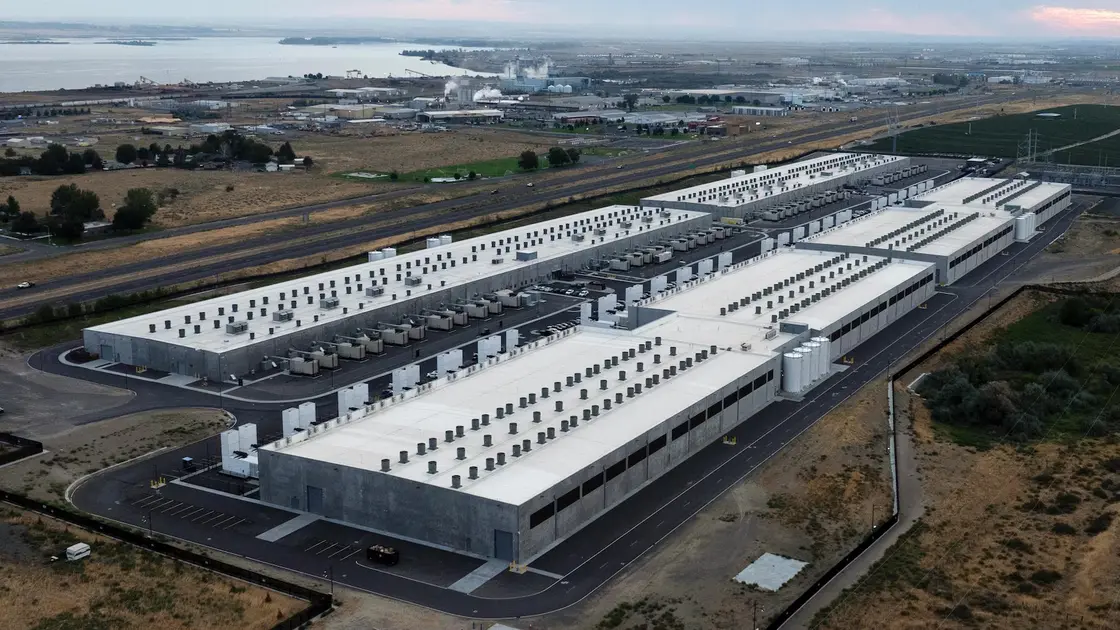
States weigh higher charges on data centers as bills rise, exploring who should pay for the grid needed by Big Tech.
Data centers push states to redefine power costs
Rising electric bills are pushing states to rethink how data centers share the cost of the power they require. Regulators are studying whether local transmission costs should fall more on data center operators or be spread across all customers, a debate that grows as the sector expands with the AI boom. Studies and filings show that some of last year’s bill increases trace to data-center demand, even as utilities argue other factors like aging lines and weather hardening also boost prices.
Across states like Oregon, New Jersey and Indiana, lawmakers are pursuing higher or more targeted rates for data centers or seeking greater transparency about how these facilities pay for grid upgrades. Officials warn that without changes, regular households and businesses may bear a disproportionate share of the cost. Yet critics say ratepayer protections must come first and that data centers are a small slice of the overall energy system. A Harvard study notes both utilities and regulators have incentives to attract big customers while shielding ordinary ratepayers, a dynamic that could hold back clear policy solutions.
Key Takeaways
"A lot of this infrastructure, billions of dollars of it, is being built just for a few customers and these happen to be the wealthiest companies in the world."
Ari Peskoe, Harvard Electricity Law Initiative, on the scale of the data center buildout
"There’s a massive outcry."
Charlotte Shuff of the Oregon Citizens’ Utility Board describing public reaction to rate changes
"Massive wealth transfer from average people to tech companies"
Monitoring Analytics critique of ratepayer impacts during price increases
"We’re talking about real transmission upgrades, potentially hundreds of millions of dollars"
Stephen DeFrank, Pennsylvania Public Utility Commission chair, on required infrastructure investment
The debate blends economics, technology, and politics. Proponents argue that data centers impose heavy load that justifies higher local charges, while opponents warn of a new form of cross-subsidy that could chill investment in big projects. The question is not only about price tags but about fairness: who bears the risk of large, predictable peaks in demand and who benefits from company-provided upgrades to the grid. As states test different models, the outcome could redefine incentives for both growth and accountability in energy pricing.
Highlights
- The bill for a few giants is paid by many families.
- Data centers are the new burden on the grid.
- A few customers shape the backbone of the power system.
- Fair charging for transmission is long overdue.
Data center pricing raises budget and political risk
The piece highlights how higher rates for data centers could shift costs onto households and small businesses, a politically sensitive issue with potential public backlash and investor concern.
The policy journey will test how clean growth can coexist with fair bills for households and small businesses.
Enjoyed this? Let your friends know!
Related News
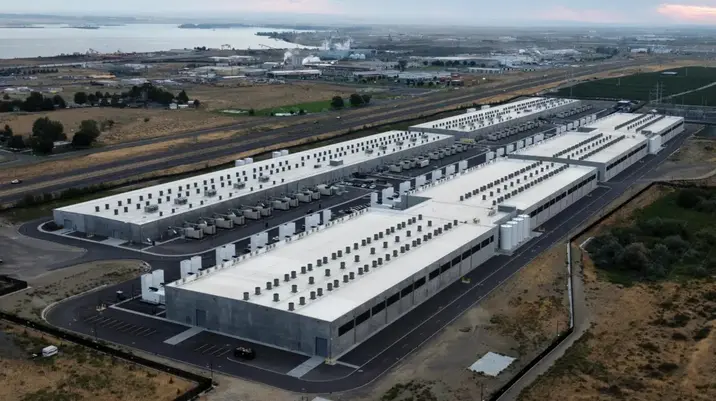
Power bills rise as data centers face new scrutiny
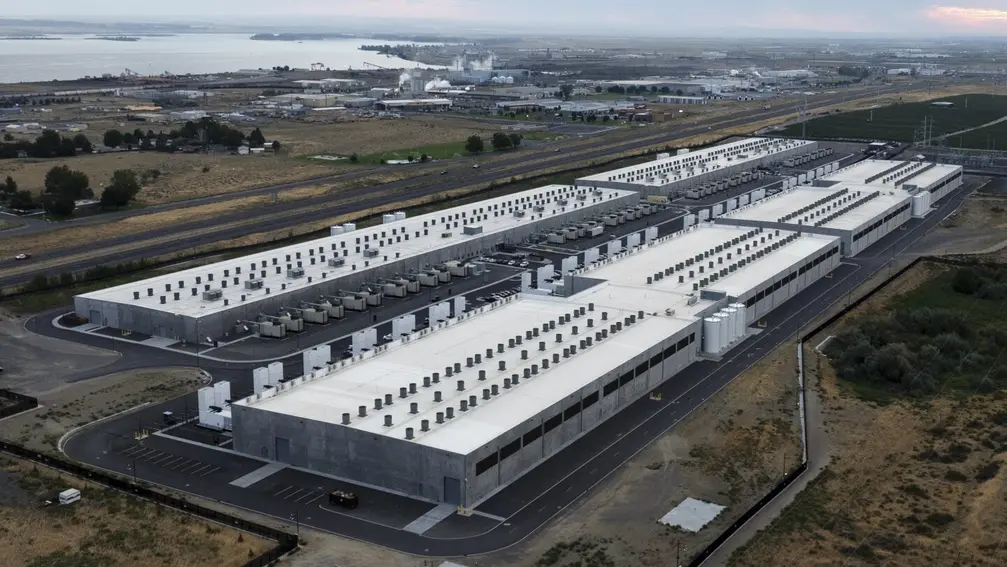
States push higher power charges for data centers
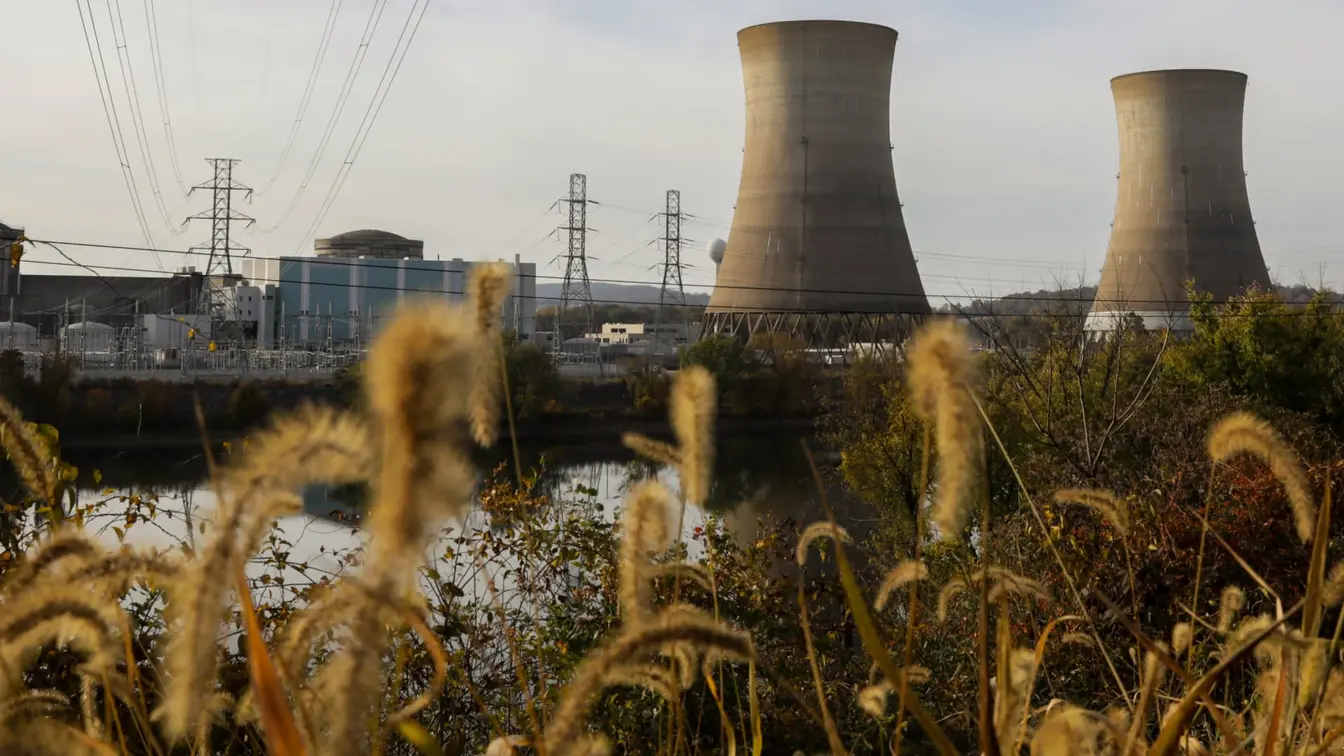
U.S. states prepare for AI data center energy surge

Trump policy wins met with looming backlash
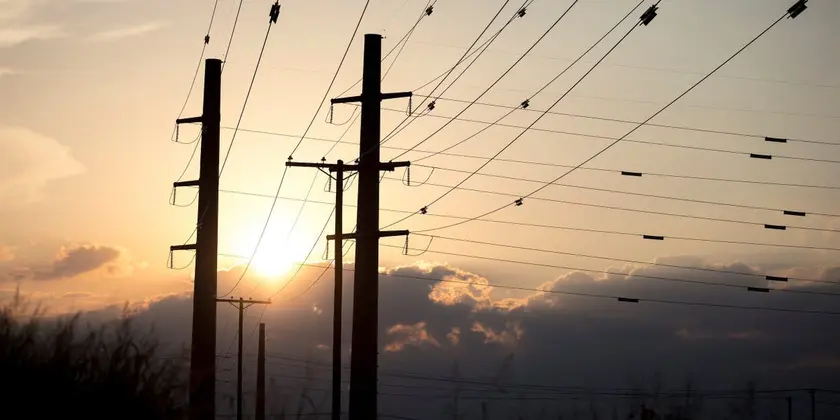
Electric Bills to Rise in 13 States Due to Data Centers

Budget power meter hits Kickstarter

Mooresville faces clash over Earnhardt data center plan
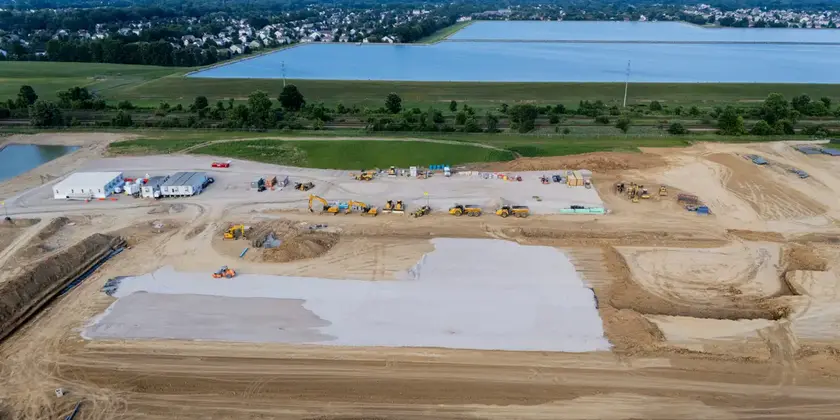
Data center construction reaches new heights
